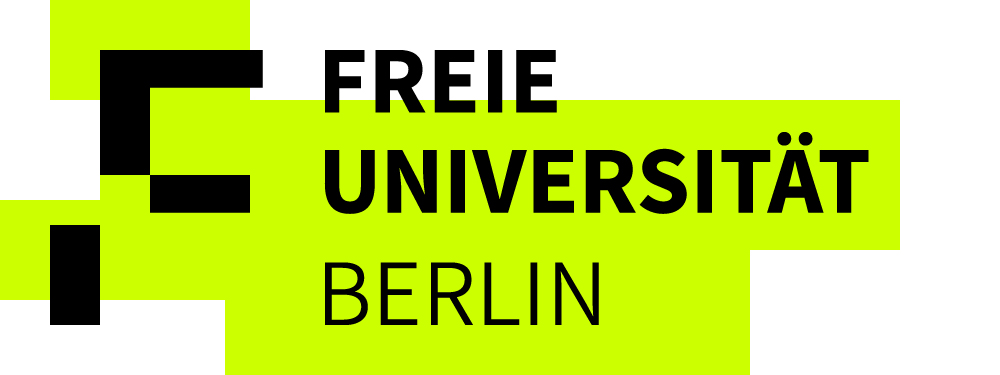Jiří Letov was born on 24 April 1897 in Tísek (district Nový Jičín) as Jiří Sommer. He planned to become a teacher like his father until he was drafted into the Austro-Hungarian Army in 1917. During World War I he fought mainly on the southern front and was awarded several medals. After the war he continued his career in the Czechoslovak army.
In 1935, he took up a post at the Ministry of Defence in Prague. In 1937, he changed his name from the German Sommer to its Czech translation of Letov, a gesture which at the same time expressed his admiration for the German general Paul von Lettow-Vorbeck (1870–1964).
Department for Labour Camps
After the establishment of the Protectorate of Bohemia and Moravia the Ministry of Defence was dissolved. Unable to gain a position in the cultural sector as he had hoped—Letov was very enthusiastic about cinema—he accepted a post in the Ministry of the Interior.
From April 1942 he worked in the Ministry’s Department for Labour Camps, which was later moved into the Office of the Commander of the Non-Uniformed Protectorate Police. As former labour camps, the ‘Zigeunerlager’ Lety near Pisek and Hodonin near Kunstadt fell under his responsibility. Though a convinced Czech nationalist he established good working relations also with his German superiors.
After an inspection of the Lety camp in December 1942, Letov made several efforts to improve the conditions in the camp. He successfully improved the nutrition of the prisoners, the fresh water supply in the camp and the medical care available to the inmates. He also played a role in the replacement of the camp commandant Josef Janovský (1888– 1956).
Aftermath
After the war, Letov was accused of collaboration several times. Although he was acquitted of such charges in 1948, he was permanently dismissed from the Ministry of the Interior in 1950 and denied any further career. Instead, he took up work as a shipping clerk at Auto-Praga, a manufacturing company for trucks, cars and airplanes. After a few months, he quit and took a position as accountant at the now state-owned publishing company Kniha Lidu [The People’s Book], which he kept until he took regular retirement in 1958. He died on 18 April 1963 in Prague.
Letov kept a diary for most of his life. Though some parts were lost after his death, Markus Pape (born 1962) obtained Letov’s entries for the years 1912–1917 and 1920–1963. After the birth of his son, Letov wrote another version of his diaries, spanning ten years, in the form of a fictionalised account of events as seen through the eyes of his son. Based on these sources, Pape published a book on Letov and his life in 2019.
As the Czech historian Anna Míšková (born 1989) pointed out, Letov’s diary represents a unique insight into the thoughts of a man who in very difficult times tried to survive, protect his family, continue his career and, if possible, help others. Only the passages quoted in Pape’s book are available to researchers and the public, however. The original diaries remain with Letov’s descendants.




